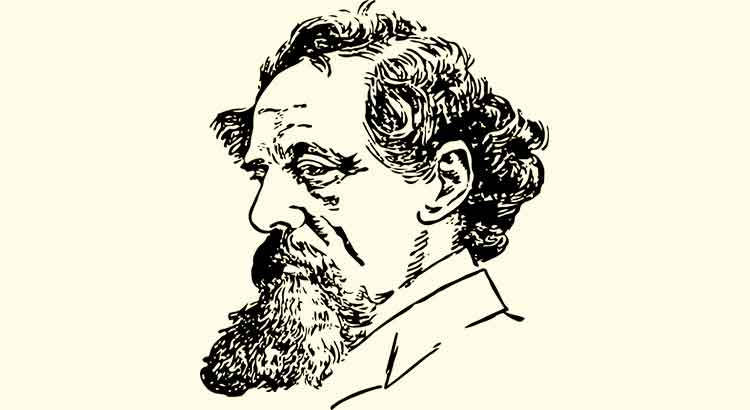It seems to me that Dickens’ greatest achievement in Oliver Twist lies in the opening chapters of the work. Dickens introduces us to the protagonist in such moving conditions that it is impossible not to arouse immediate empathy in us. The story goes on, and the plot is handled with intelligence: all the time we realize that there were other choices, perhaps more natural, but which would undermine the relationship we have with Oliver—Dickens chooses not to tarnish his character, nor limit him to the obvious. Oliver Twist, without a doubt, from the very beginning of the narrative proves to be more interesting than a poor wretch. The antagonists, the settings, the progression of the plot: all this is very well described and convincing. From the middle of the work, however, our desires begin to be satisfied, and the narrative culminates in a planned ending that is designed to please. Here, perhaps, one could lament the absence of surprise, as one could also point out that more initiative was expected from the protagonist. As a work of art, however, Oliver Twist closes a fair dramatic arc and is therefore very good.
Oliver Twist, by Charles Dickens
